AI chatbots — often seen as learning and work tools — can serve as emotional companions, even consultants, for many young Koreans.
Research firm Embrain conducted a survey from February 7-12 with 1,000 Koreans aged 13-59 about the role of artificial AI in their lives.
The results showed that 38% of teens and 42% of people in their 20s said they had “meaningful” conversations with artificial intelligence, significantly higher than those in their 30s (29.5%), 40s (32.5%), and 50s (31%).
Whether it's talking about a bad day, sharing personal thoughts, or chatting, generative AI services can fill the void when human interaction is lacking.

In addition to regular conversations, some young people go further by using AI chatbots for psychological and emotional counseling.
The survey found that 19.8% of teens and 17% of people in their 20s turn to AI for personal advice or mental health support. This is lower among other age groups: 30-somethings (14.8%), 40-somethings (14.3%), and 50-somethings (14.8%).
While AI chatbots are not trained experts, their ability to respond instantly, without judgment, and offer personalized advice may explain why young people find them helpful when dealing with stress, loneliness, or dilemmas.
Another reason they’re engaging more deeply with AI could simply be due to its higher usage rate. According to the survey, 95% of teens and 84% of people in their 20s use ChatGPT, which is higher than the average (71.3%).
There is some scientific evidence that AI chatbots can provide mental health benefits. A January survey by the Ulsan National Institute of Science and Technology and startup ScatterLabs found that regular interactions with the startup’s Luda Lee 2.0 chatbot, which will be introduced in 2022, reduced loneliness scores by 15% and social anxiety scores by 18%.
However, AI chatbots still have issues with reliability and stability. The survey found that 69.6% of respondents did not fully trust information from AI. Additionally, 83% emphasized the importance of verifying results.
There are also concerns about the broader impact of AI on society. Some 81.2% of respondents expressed concerns about the risk of deepfakes, while 79% were concerned about copyright issues related to AI-generated content.
(According to Korea Herald)
Source: https://vietnamnet.vn/chatbot-ai-thanh-ban-dong-hanh-cam-xuc-cua-thanh-nien-han-quoc-2375974.html





![[Photo] National Assembly Chairman visits Vi Thuy Commune Public Administration Service Center](https://vphoto.vietnam.vn/thumb/1200x675/vietnam/resource/IMAGE/2025/7/1/d170a5e8cb374ebcae8bf6f7047372b9)


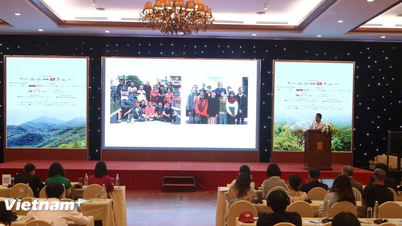
















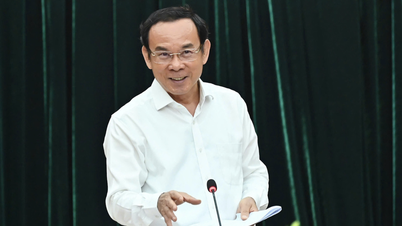






















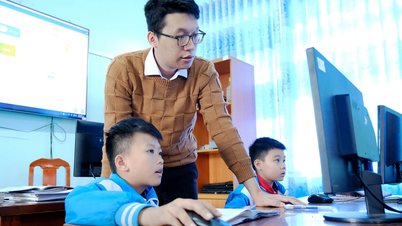










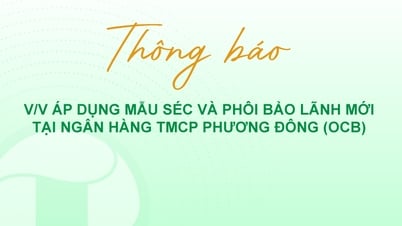

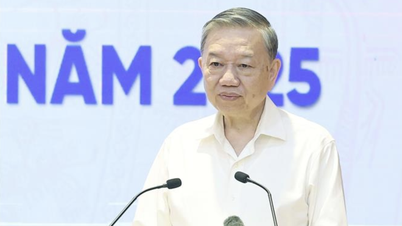














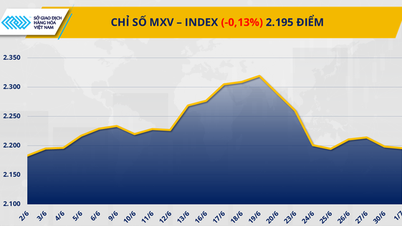
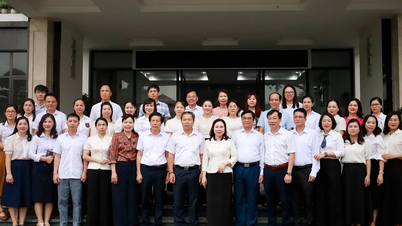




















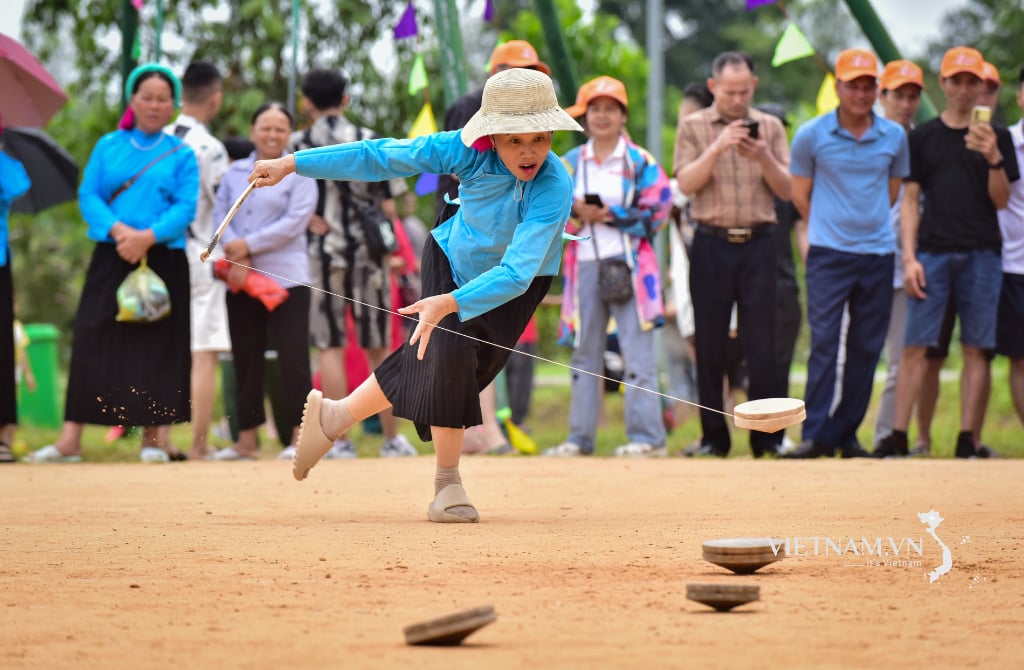
Comment (0)